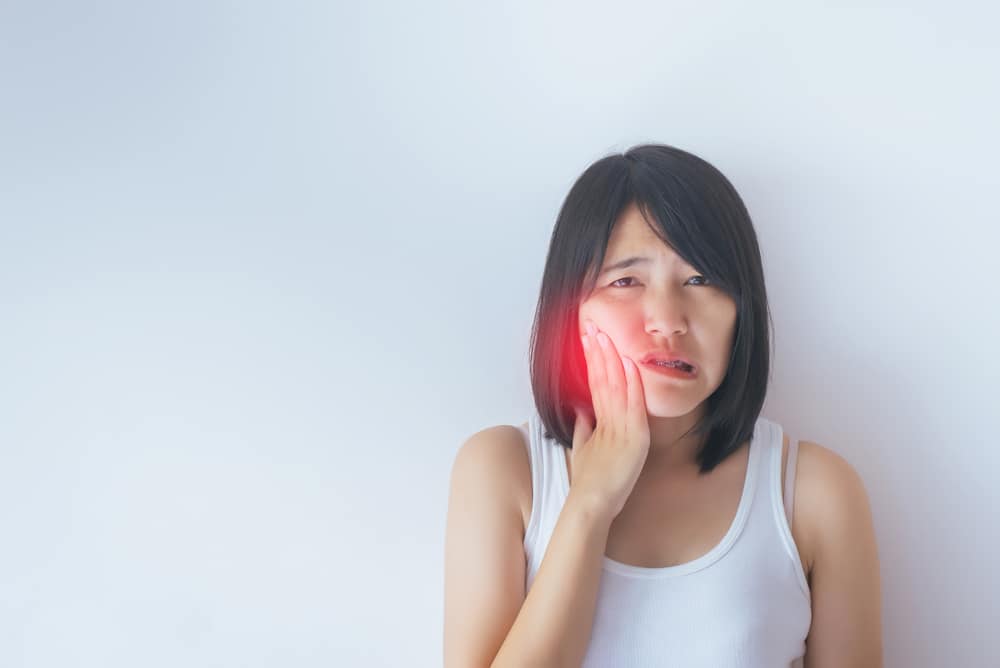What Is TMD Therapy, and When Would You Need It?
The jaw helps in chewing and opening the mouth; however, it may not perform these functions if it is affected by temporomandibular joint disorder (TMD). TMD Therapy in Greenwood can help.
Here’s what you should know about TMD;
- It mostly affects people between ages 20-40.
- It affects more women than men.
If you are suffering from this disorder, visit an experienced dental clinic to get help. The dental clinic will perform physical TMD therapy to help ease the jaw and lessen the stress on your jaw.
What Causes TMD?
Sitting Habits
If you have TMD, it may have resulted from a bad sitting posture. Bad posture ranges from holding your head too far forward when you are sitting at your work desk, carrying a child or large load on the same hip for a long time, to sitting in a vehicle for long. All these require that you place your head or jaw in an awkward forward position.
The forward position strains the ligaments, disk, and muscles of the TMD, making the jaw open and overusing the chewing gums.
Bruxism
It is also called chronic jaw clenching. Most people unknowingly clench their jaws when they are sleeping, more so when they are undergoing stress. Some even do it during the day when they are experiencing a stressful situation. Doing so strains the TMD and its muscles.
Teeth Alignment
The TMJ undergoes more significant stress if your teeth are misaligned.
Some other causes include jaw fracture, arthritis of the TMD, trismus, certain kinds of surgery of the jaw and face, and displacement of the soft or disc-tissue cushion.
When Do You Need TMD Therapy?
Some TMD symptoms can last for many years, and jaw pain is the most prevalent symptom. However, if the jaw pain gets accompanied by chest pain, dizziness, shortness of breath, nausea, and numbness and pain in the left arm, you should seek medical attention as it is a heart attack sign.
If experiencing these symptoms, you should go for TMD therapy;
- Dizziness
- Jaw fatigue
- Jaw pain
- Ringing in your ears
- Difficulty when opening your mouth to talk or eat
- Locking jaw
- Headache
- Neck pain
- Popping sounds in your jaw
How TMD Therapy Works
After undergoing the physical TMD therapy, the jaw pain will reduce, and your jaw’s natural movement will get restored. Before the treatment, your therapist will choose the treatment that best suits you. The treatments involved in TMD therapy include;
Jaw Movement Improvement
The therapist stretches your jaw through manual therapy to relieve pain and increase movement in your joints.
Education on Posture
The therapist will teach you the right sitting postures and the right way to lean your head if you plan on sitting for long.
Pain Treatments
The therapist will use unique pain treatments like ultrasound to help reduce the jaw pain. Also, the dentist may use “bite guards” to enhance your jaw functions and relax your TMJ
The dentist may also use radio wave therapy to stimulate your joints. Doing so eases the jaw pains and increases the flow of blood in the jaw.
Sometimes, your jaws may get locked, but you may have no signs of TMJ. In this case, the dentist will carry out arthrocentesis. If all these fail, then surgery for TMD is inevitable for you.
Contact us today to look into TMD Therapy!

